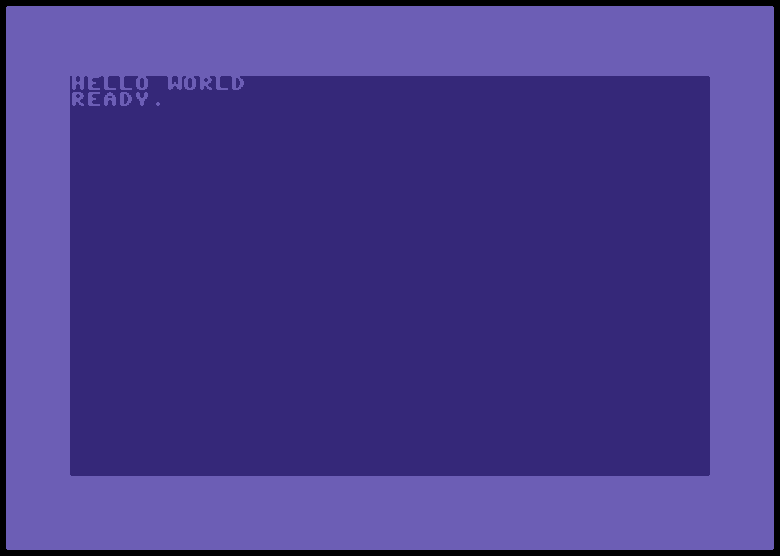c64asm 
A MOS6502 assembler as a Ruby DLS, with focus on the Commodore 64.
Features:
- You write MOS6502 assembly naturally but still have full power of Ruby (it's awesome)
- Macros with variables as the basic building block
- C64 BASIC compiler built in
- Data driven with a generating tool, I didn't write data.rb
- Can output a source code representation (that I believe I've based upon some well known and established assembler)
- Can output a disassembler-like output, useful for cycle counting
Bugs:
- No test suite
- I believe my 'scrape opcodes table' approach missed some edge cases
- Half-assed doc strings. I didn't touch this for the last two years, sorry.
Todo:
- More C64 helpers, e.g. bank switching helpers and a hash of named addresses
- Not far away from adding a basic CPU simulator (note: this is far from an emulator)
I've written the bulk of it more than two years ago. I got to a rather cosy state of overall functionality, but I believe it misses some edge-cases. Please feel free to go nuts hacking it!
I do appreciate feedback.
Showcase
Got the gem, in the examples folder:
$ cat hello_world.rb
#!/usr/bin/env ruby
# encoding: utf-8
# See LICENSE.txt for licensing information.
$LOAD_PATH.unshift(File.dirname(__FILE__) + '/../lib')
require 'c64asm'
hello_world = C64Asm::Macro.new do
block C64Asm::Basic.new('10 sys 49152').code
align 0xc000 # 49152
jsr 0xe544 # clear
ldx.d 0 # string index
label :load
lda.ax :msg # load character
cmp.d 35 # hash is the end of line
beq :finish # if so we're done
jsr 0xffd2 # chrout
inx # increment index
jmp :load # if not load the next character
label :finish
rts # back to basic(s)
label :msg
data "HELLO WORLD#"
end
code = hello_world.call # compile the macro
puts code.dump # print detailed
#puts code.to_source # just the source code
code.write!('hello_world.prg') # save to a standard .prg file
Let's run it:
$ ./hello_world.rb
$0801 .block
$0801 .block
$0801 * = $801
$0801 .. .. .. .byte $3,$8,$a,$0,$9e,$20,$34,$39,$31,$35,$33,$0,$0,$0
$080f .bend
$080F * = $c000
$C000 20 44 E5 jsr $e544
$C003 A2 00 ldx #$0
$C005 load
$C005 BD 14 C0 lda msg,x
$C008 C9 23 cmp #$23
$C00A F0 07 beq finish
$C00C 20 D2 FF jsr $ffd2
$C00F E8 inx
$C010 4C 05 C0 jmp load
$C013 finish
$C013 60 rts
$C014 msg
$C014 .. .. .. .text "HELLO WORLD#"
$c020 .bend
And run the compiled .prg with VICE:
$ x64 hello_world.prg

And an old demo screenshot, source not distributed 'cause it sucks, but it does compile under this gem:
$ ruby 04.rb.3
$ x64 04.prg

And it moves and stuff (no sound though), you can grab the .prg here and see the whole thing. The big ugly numbers are sprites - I assume the point was to make them move and be interesting, oh well.
Also my raster bar code is flawed.
Additional notes
First compiler. Also I believe that'd be my second/third non-trivial Ruby project. I'm also by no means a C64 hacker, but I appreciate the platform very much. It was fun, even this get-this-public-now work.
This project has been inspired by a blog post of person that did a NES assembler in Common Lisp (kudos to the author!).
Contributing
Follow the usual GitHub development model:
- Clone the repository
- Make your changes on a separate branch
- Make a pull request
See licensing for legalese.
Licensing
Standard two-clause BSD license, see LICENSE.txt for details.
Any contributions will be licensed under the same conditions.
Copyright (c) 2012 - 2014 Piotr S. Staszewski